17, May 2018
Officials meet to examine international risks of Ebola in Congo 0
Congolese and UN officials were racing to prevent a runaway Ebola outbreak in Congo on Thursday, working out the logistics of keeping newly arrived vaccines well below freezing in a steamy region on the equator with unreliable power.
World Health Organization (WHO) spokesman Christian Lindmeier said the UN body would convene an Emergency Committee meeting on Friday to consider the international risks.
This is the Democratic Republic of Congo’s ninth epidemic since the disease was identified in the 1970s, but also its most alarming because of the risk of transmission via regular river transport to the capital Kinshasa, a city of 10 million.
An experimental but highly effective vaccine is being deployed against the virus, with health workers being vaccinated first, but it needs to be kept 80 degrees Celsius below freezing in a humid region where daytime temperatures hover around 30.
“For now, the cold chain is guaranteed at -80 degrees until Kinshasa,” Health Minister Oly Ilunga told Reuters. “There is a fridge that will be prepared (on Thursday) … in Mbandaka and that will be at -80.”
“This vaccine is no longer experimental. The effectiveness has been proven and validated,” he added. “Now that we are facing the Ebola virus we must use all the resources we have.”
The WHO expert committee will decide whether to declare a “public health emergency of international concern”, which would trigger more international involvement, mobilizing research and resources, Lindmeier said.
Emergency Committees have been set up to advise on past outbreaks such as the 2016 Zika epidemic in Latin America and the huge West African Ebola outbreak that killed at least 11,300 people in Guinea, Sierra Leone and Liberia from 2014 to 2016.
Mindful of criticism it received for being too slow during that epidemic, when it took months to convene an Emergency Committee, the WHO is moving fast on Congo’s latest outbreak.
The committee can advise WHO Director General Tedros Adhanom Ghebreyesus on actions to be taken by Congo and other countries to try to halt the international spread of disease without unduly interfering with trade or transport.
The Kinshasa government reported the outbreak on May 8, one day after two samples tested positive, and within days the WHO was sending experts, preparing a helicopter “air bridge” to the site, and planning a vaccination campaign.
There have already been 44 suspected, probable or confirmed cases of Ebola, and 23 people have died. Potentially most worrying is a confirmed case in the city of Mbandaka, which has a population of about 1 million.
“The arrival of Ebola in an urban area is very concerning and WHO and partners are working together to rapidly scale up the search for all contacts of the confirmed case in the Mbandaka area,” said WHO Regional Director for Africa Matshidiso Moeti said in a statement.

Mbandaka is also connected via the Congo River to Kinshasa, a crowded city where millions live in unsanitary slums not connected to a sewer system.
Several public boats a day head from there downstream over the river to the capital. They are so overloaded with people that they sometimes topple over, toilets are filthy and water for washing absent.
The other Ebola cases were spread across sites in remote areas where the disease might not travel quickly.
Already the WHO has warned that there is a “moderate” regional risk because the disease could travel along the river to Central African Republic and Congo Republic. But it has said the global risk is low because of the remoteness of the area and the rapid response launched so far.

Even if the logistics of the ‘fridge bridge’ prove easy enough to overcome, “the vaccine is not a magic bullet,” Peter Salama, WHO’s medical emergency program head told Reuters this week, especially since health workers have been infected.
“Having healthcare workers infected is usually a ‘canary in the mine’ for potential amplification,” he said.
(Source: Reuters)
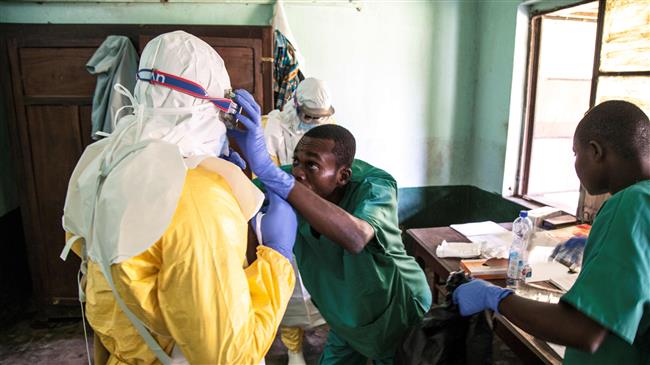
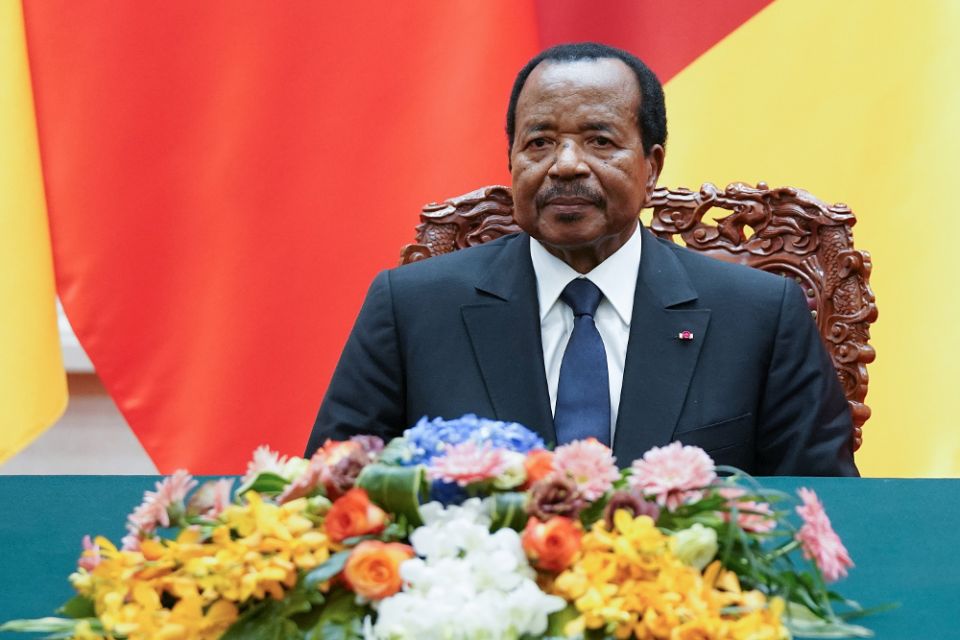
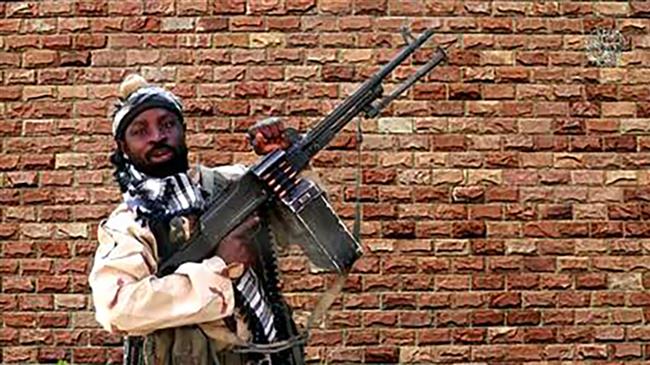
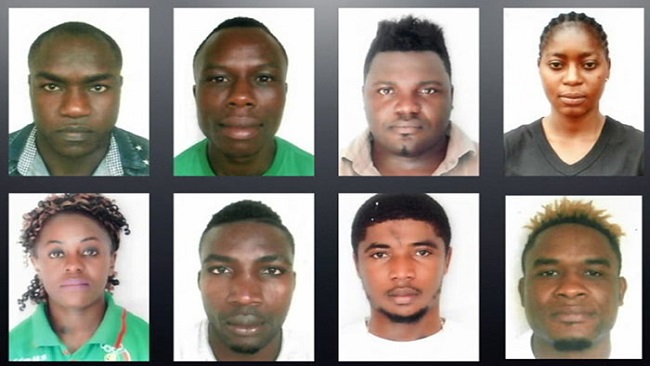
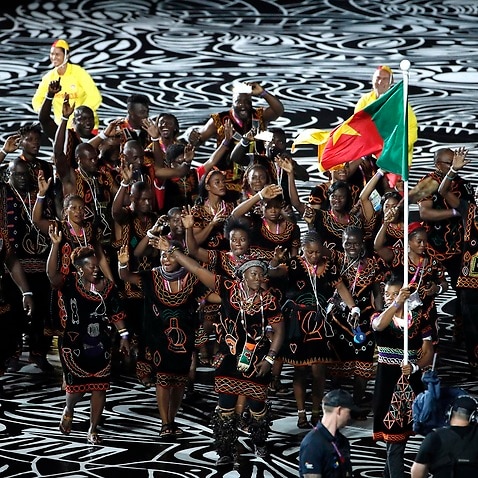
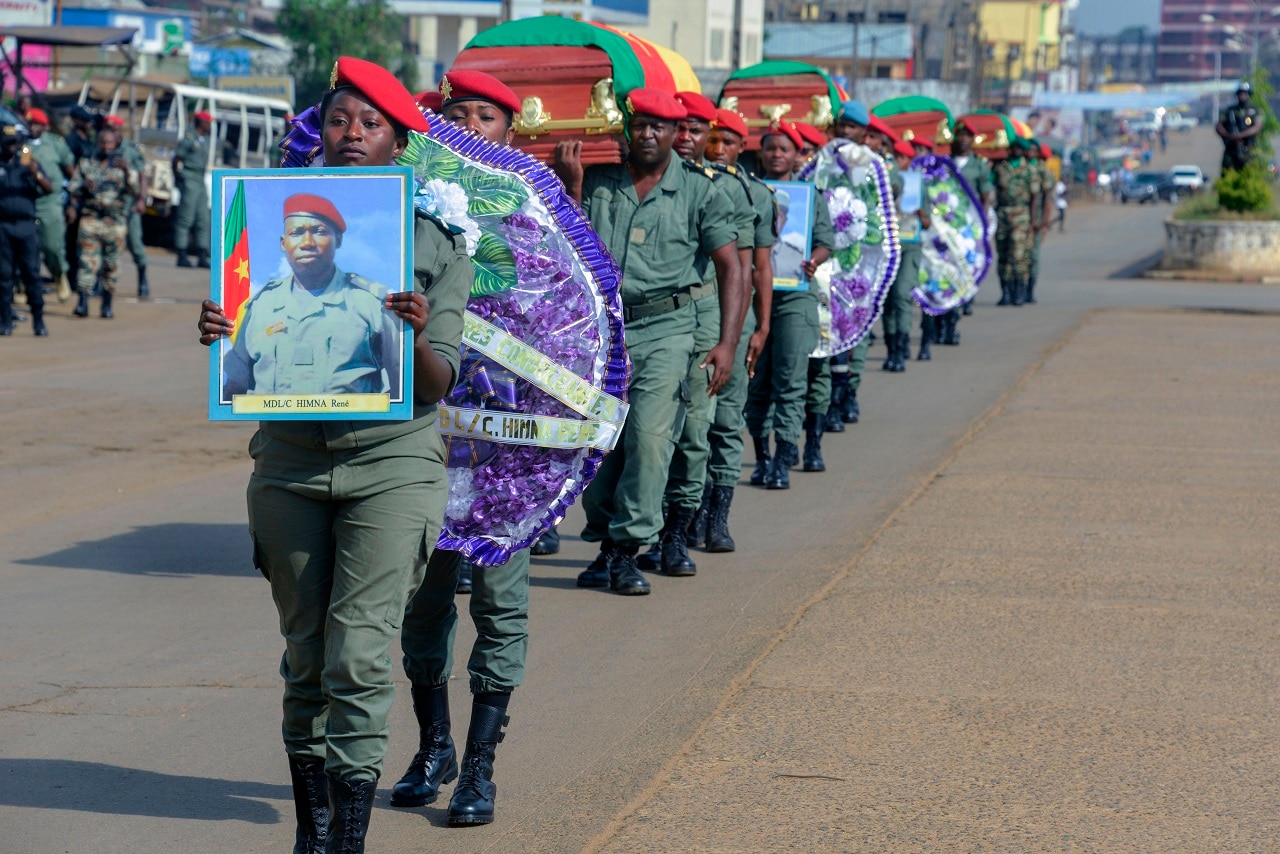
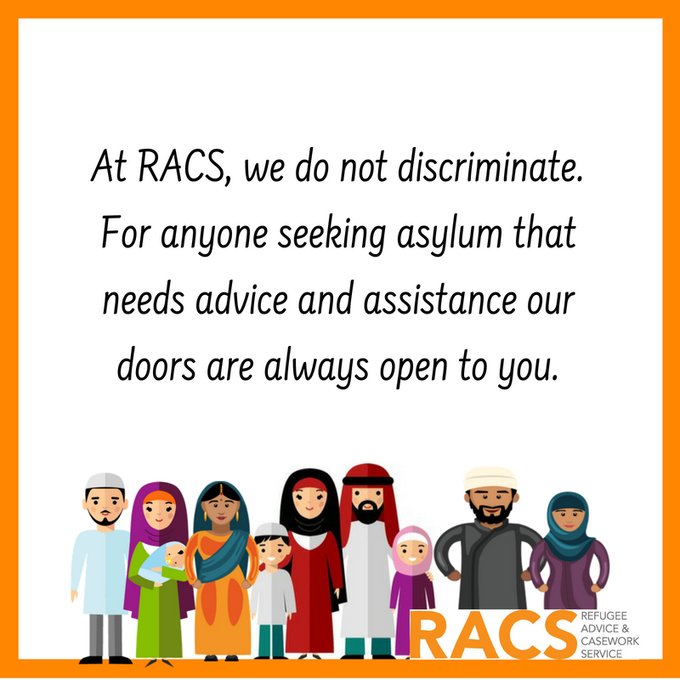
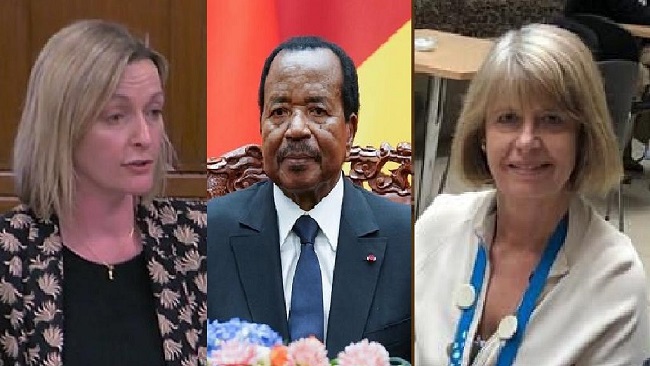
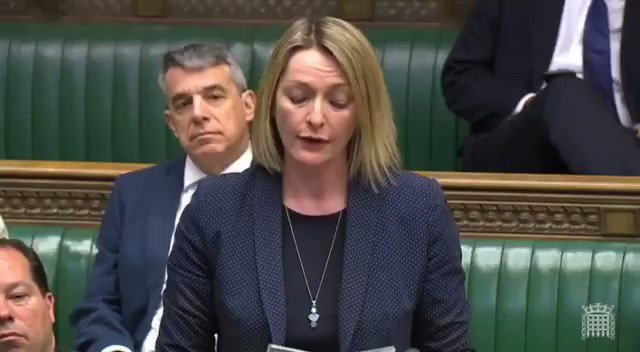
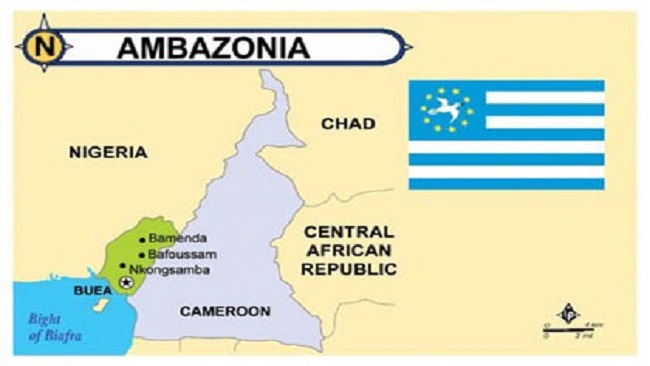
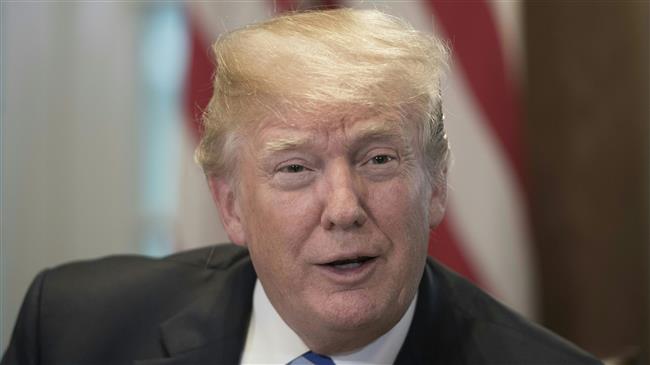

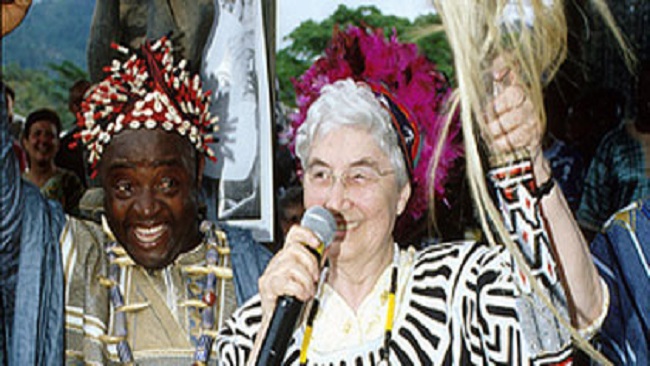
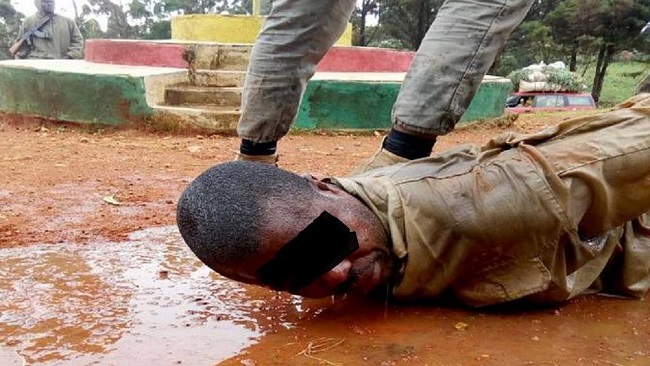
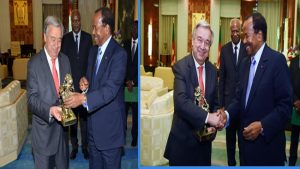

















17, May 2018
Secession: New Catalan leader shuns Spanish constitution 0
Quim Torra, Catalonia’s new separatist leader, was sworn in Thursday during a brief ceremony without central government representatives in which he avoided promising to obey the constitution and pledged instead to follow “the will of the Catalan people”.
The ceremony marks the end of nearly seven months of political limbo in the northeastern Spanish region, which has been under direct rule from Madrid since the central government deposed Catalan president Carles Puigdemont following a failed declaration of independence on October 27.
“I promise to loyally fulfil the duties of the post of regional president being faithful to the will of the Catalan people represented by the Catalan parliament,” Torra said as he was sworn in, using the same formula as his predecessor and mentor Puigdemont.
The 55-year-old did not promise to obey the Constitution nor the statute that regulates Catalonia’s autonomy.
He appeared flanked only by a Catalan flag, without the traditional Spanish flag and portrait of the king that protocol states must be present, in a small side-room of the regional government building in Barcelona.
Spanish Foreign Minister Alfonso Dastis criticised the ceremony, saying it done “on the sly”, as if Torra “were a second-rate president”.
The hardline separatist Torra was handpicked by Puigdemont, who is currently in Berlin awaiting potential extradition to Spain, where he faces jail on charges of rebellion and misuse of public funds.
He has stressed he is merely a “caretaker president” as he awaits the return of Puigdemont, whom he considers the “legitimate” leader, and has pledged to keep fighting for independence from Spain.
Torra’s swearing-in ceremony only lasted a few minutes and the central government decided not to send any representatives in a sign of tensions between the two.There were no representatives of political parties or civil society either.
As a deferential gesture towards Puigdemont, Torra did not put on the medallion that regional presidents usually wear when they are sworn in.Now Torra needs to form a government, a prerequisite for Madrid to lift direct rule.
But this isn’t assured as Torra has said he wants to reintegrate deposed regional ministers into his government, many of whom are either in preventative custody for their role in the secession drive or in self-exile like Puigdemont.
If the Spanish government decides this is illegal, it could maintain direct rule over the region as requested by center-right party Ciudadanos, whose hardline stance towards the Catalan crisis has resounded in Spain.
The party is now threatening to overtake Prime Minister Mariano Rajoy’s Popular Party in regional and municipal elections next year.
In the more immediate future, however, Rajoy needs the support of the Basque Nationalist Party (PNV) in parliament to approve the 2018 budget.
The PNV wants Madrid to lift direct rule as it strongly supports regional autonomy and is sympathetic to the Catalan cause.
Caught between the two, Rajoy has pledged to watch Torra closely and maintain control over regional finances to avoid public money going to any separatist initiatives, and has also said he is willing to meet the Catalan leader.
Meanwhile, another battle is going on in the courts, with 25 separatist leaders being investigated for rebellion or other offences, nine of whom are in preventative custody and another seven abroad.
On Wednesday, a Belgian judge rejected the extradition request of three former Catalan ministers due to irregularities in the arrest warrants, dealing a blow to Spain.
A court in Germany has also rejected extraditing Puigdemont to Spain for rebellion, a very serious charge that implies violence took place and which many legal experts have discarded.
The court is still considering whether to hand him over to Spain on the lesser charge of misuse of public funds.
Faced with these setbacks, Spain’s Supreme Court has said it is was considering replacing rebellion with sedition, which does not imply violence took place and is less severe.
(Source: AFP)